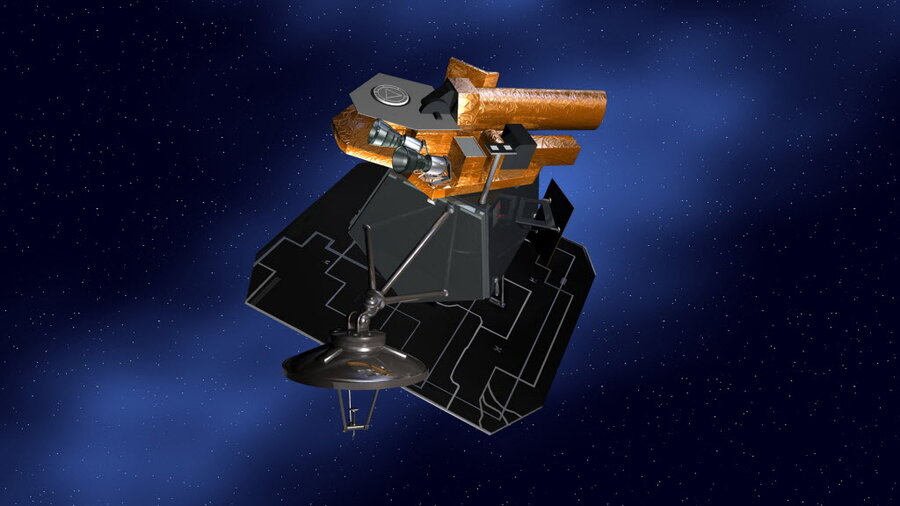NASA declares its Deep Impact Probe finished
Loading...
NASA on Friday gave up on the Deep Impact spacecraft, which suddenly fell silent after nearly nine years of exploring comets.
The U.S. space agency declared an end to Deep Impact, which in 2005 smashed a comet with a projectile to give scientists a peek of the interior. The spacecraft went on to rendezvous with two more comets.
Last month, engineers lost contact with Deep Impact and unsuccessfully tried to regain communications. The cause of the failure was unknown, but NASA suspects the spacecraft lost control, causing its antenna and solar panels to be pointed in the wrong direction.
University of Maryland scientists, who led the team, say the spacecraft lasted longer than they imagined and returned many discoveries about how comets formed.
During the mission, Deep Impact beamed back 500,000 images including of comet Ison, which could shine as bright as the moon when it makes a close approach in November.
Since there's no way for ground controllers to talk to Deep Impact, the spacecraft will continue on its path around the sun until it runs out of fuel.







